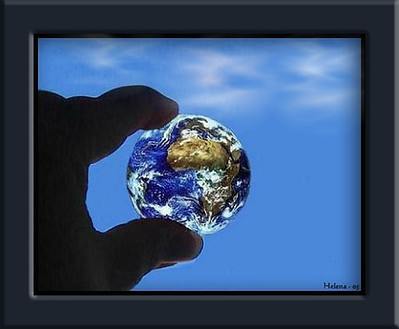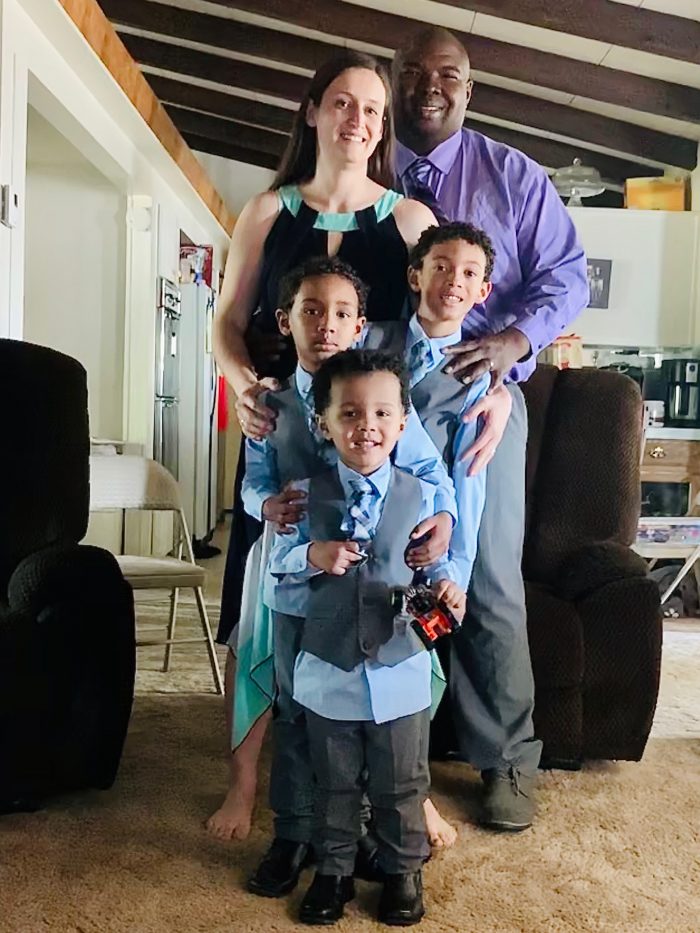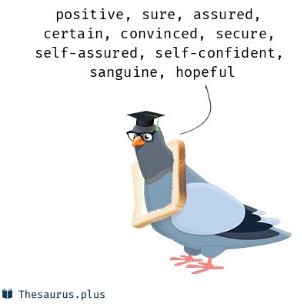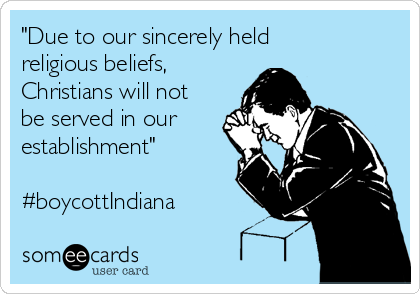
Building Unity in a Broken World
My guest blogger today is Mary Coleman, a teacher from Plainview, Texas. She serves on teams at church including youth, prayer, and nursery. Wife to Jay and mom to three rambunctious boys, Mary brings a perspective to the challenge of racial reconciliation that is both experiential and biblical.
When my boys, who are five and seven, argue with each other, they wear a “get-along” shirt. The shirt is Daddy’s, so they both fit inside with one arm sticking out and one around each other. The first time I had them do this, I challenged them to move from one side of the room to the other without touching the floor. This turned arguing into laughter and a united front to accomplish a goal.
Sometimes, as adults, we need outside encouragement to work together with other believers.
“Look! How good and how pleasant it is when brothers truly live in unity.” (Psalm 133:1) Yet any time I turn on the news or scroll through Facebook, discord splashes my eyes like grease from a hot skillet. Pain spews out as violence, while my heart joins with peaceful protests of injustice.
So, who am I to write about racial injustice?
First and foremost, I am a follower of Jesus Christ, submitted to his authority. He calls believers to “add love, which is the perfect bond.” (Colossians 3:14)
Second, I am a white woman, the wife of a black Christian man. After we were engaged, I was told, “You know it will be harder for you, right?”
No. It is not harder for me than anyone else who is married. My husband and I share like faith and values, making our marriage so much easier for us than for others.
And yes. It is harder, because society judges my husband and my three sons based on skin color. And it’s harder because my husband and I will have to engage in progressively more difficult conversations with our sons. Now we explain to our first grader why his hair is different, but in the future, we’ll have to talk with our sons about why they must be careful how they interact with authorities, not just out of respect, but to save their lives.
Instead of asking, “Who am I to write about racial injustice,” a more appropriate question I should be asking is: “Who am I to say nothing about the fractured relationship between races?”
Colossians 3:15 says, “Let the peace of Christ be in control in your heart (for you were in fact called as one body to this peace) and be thankful.” This call to one-body unity comes specifically after mentioning race in verse 11. We are not only called to unity, but to be one body. We need each other to function properly.
As believers, we can offer the living water our broken world craves. We ought to embody love because God is love (1 John 4:8) and God dwells in us (1 Corinthians 3:16). And all of us believers build on the same foundation–Jesus Christ.
So, come build unity with me on the foundation of Jesus Christ. Join me in sharing the hope we have in Christ by meeting wounded people where they are.
This rift in our country could easily consume us. However, rather than pretending continued racism is the result of media spin or politics, and rather than fixing our eyes on the painful divide in the U.S. and elsewhere, let’s fix our eyes on Jesus (Hebrews 12:2). He will guide us.
You may be called to a city where riots are shaking the streets, but don’t be so focused on the problems out there that you forget to love your own neighbor next door or in line at the grocery store.
As I’ve often heard so often at church, “You can’t drive a ten-ton truck over a two-ton bridge.” Most of the topics in the news today are ten-ton topics. We can’t talk about these heavy topics with those we don’t know. We might as well dump chili powder in a gaping wound.
Instead, let’s begin to build unity by:
- Listening, laughing, crying with one another.
- Having play dates with our kids.
- Working side-by-side with excellence.
- Playing games and hosting cookouts.
- Sharing home culture and music and food and language.
- Worshipping God side-by-side, hands lifted high (or not).
These activities help build relationships. Let’s create a safe environment for healthy relationships, not because of, or despite, skin color, but because we are the body of Christ. Let’s acknowledge people’s lives and their pain, without judging their motives. As God compels us in Colossians, let us put on love.
“Therefore, as the elect of God, holy and dearly loved, clothe yourselves with a heart of mercy, kindness, humility, gentleness, and patience, bearing with one another and forgiving one another, if someone happens to have a complaint against anyone else. Just as the Lord has forgiven you, so you also forgive others. And to all these virtues add love, which is the perfect bond.”–Col. 3:12-14
“Grab the world” by TheCleopatra is licensed under CC BY-NC-ND 2.0




